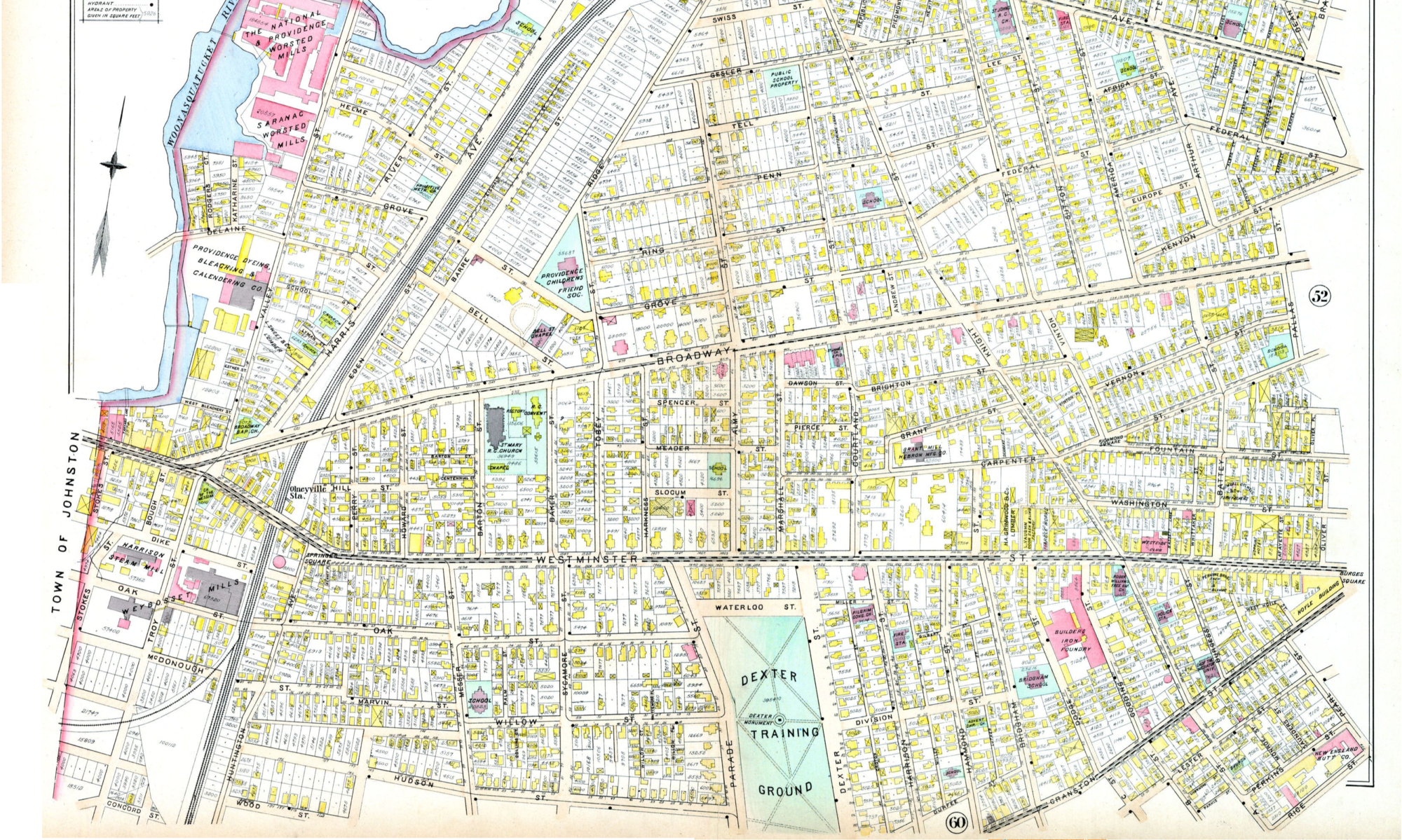I was blown away last night by an above-average article by my number one favorite blogger, David Roberts. It’s called “Children, the childless, and diverse human ecosystems” and is response to another article on Grist, “Say it loud: I’m childfree and I’m proud” by Lisa Hymas.
Roberts makes the point in his article that choosing to have children and choosing to remain childless are complimentary lifestyles. “Human communities are ecosystems, and in all ecosystems diversity is the key to health and resilience.” The only reason we get defensive about our lifestyle differences is that we’ve been removed from our natural communal living environment. Roberts anticipates the trend of demand for walkable communities will continue and create demand for cohousing arrangements:
If Lisa and I lived in a place with multiple families, some with children and some without, around shared spaces instead of roads and driveways, she would be part of my kids’ life. She’d run into them coming home from school every day or playing on the weekends. She would have the benefits of being involved in their lives and the freedom she enjoys from being childless. With childless folk around to act as babysitters, my wife and I would get the benefits of being able to go out spontaneously, or just get a night off, and the rootedness we enjoy from having children.
Finally, Roberts traces our American isolation back to its source: a built environment tailored disproportionally to cars and consumerism. Current sociological research shows that “the most reliable way to maximize happiness is through social connectedness,” and in America we are exceedingly deficient in that quality.
Our cities, towns, and neighborhoods are designed for cars, and by their very nature, cars limit opportunities for interaction.
That’s why I want to be a planner. I want to change the way our built environment is organized so that we live and work in spaces that encourage social connectedness rather than stifle it. I’ve encountered people who are skeptical that playing with maps can have as great an impact as direct activism in the form of organizing. But social connection is the key to creating collaborative solutions to our society’s problems, and it’s the job of planning to create communities which encourage such connection. I hope you’ll join me in that effort to make more connections with people!


Thanks for sharing! I’m planning on just enjoying my niece and nephews, it’s nice to have that plan validated by the Grist articles. I definitely agree that our communities should be like diverse ecosystems with plenty of childless people to help love and care for the kids! It takes a village, and I want to be part of one. Maybe one that you plan!
Cool points brought up here. Living (and driving) in a city like Boston makes it painfully obvious for more trivial reasons why planning is so important.
I like the idea of communal living opportunities; I wonder if they help restore this sort of community structure.
Fantastic! IMO, this is *why* people should choose to go to grad school: because something has moved them with its importance to the extent that they need — NEED — to be able to do it, find it, feel it, live it. That’s why I’m a social worker. 🙂 See you on the dance floor!